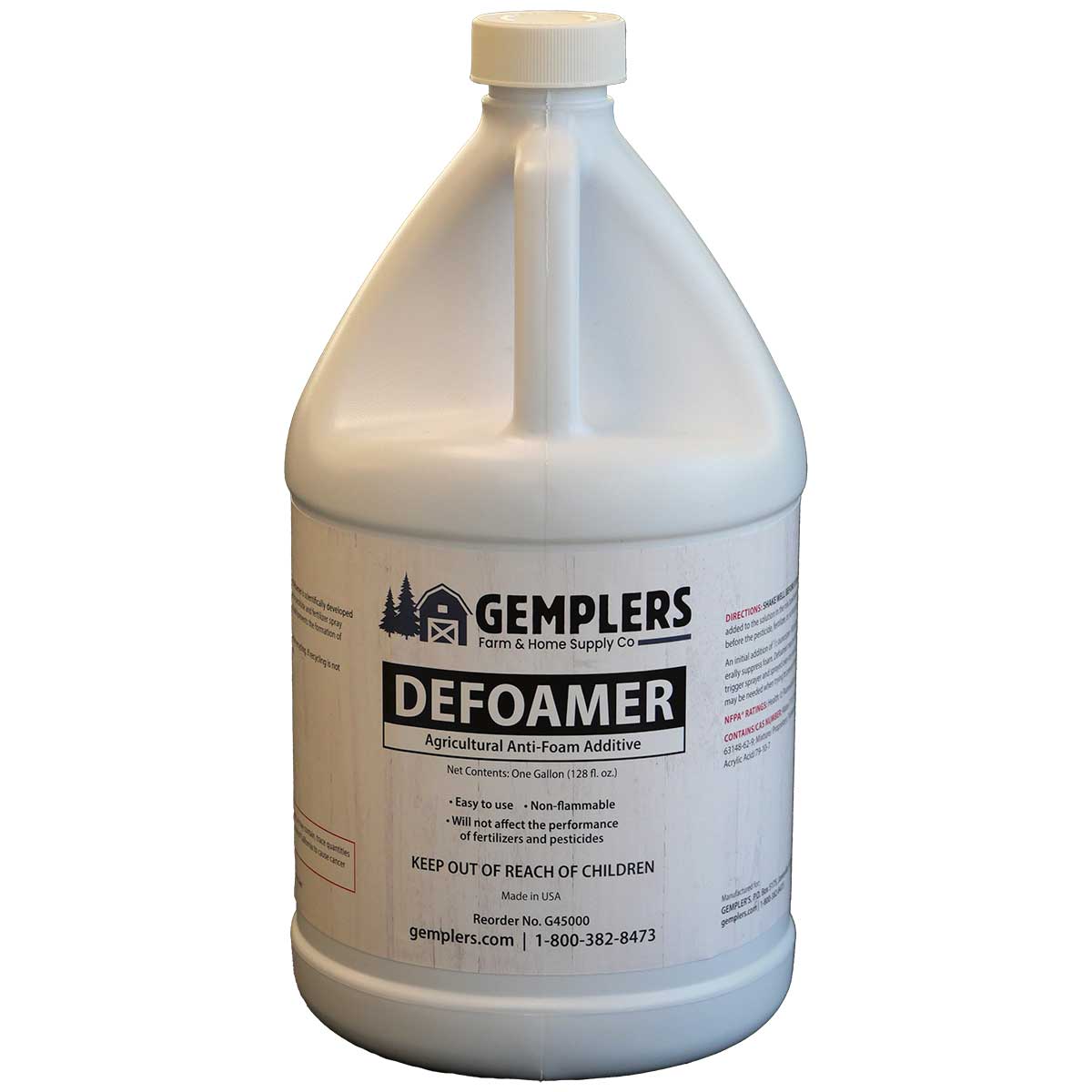The Application of Defoamers in the Pulp and Paper Industry
The Application of Defoamers in the Pulp and Paper Industry
Blog Article
Discover the Top Benefits of Using Defoamers in Industrial Processes
The utilization of defoamers in commercial procedures provides a variety of compelling advantages that can boost functional performance and item quality. By effectively regulating foam manufacturing, these agents not only maximize material flow yet also add to substantial expense decreases and boosted sustainability. Their application extends several fields, which increases questions regarding their duty in mitigating environmental influence while ensuring regular outcome. Understanding these advantages is critical for markets intending to improve their processes. The ramifications of taking on defoamers may be a lot more extensive than initially viewed. What details benefits could your organization harness?
Improved Refine Efficiency
Optimizing industrial processes usually involves dealing with lathering concerns, which can hinder operational efficiency. Foam development can conflict with the appropriate functioning of devices, minimize the reliable application of resources, and make complex the monitoring of vital criteria. By executing defoamers, industries can effectively reduce these problems, bring about streamlined procedures and boosted productivity.
Defoamers work by destabilizing the foam structure, enabling fast collapse and significant decrease in foam quantity. This activity not just improves the flow of products via devices, such as activators, mixers, and pipes, yet additionally minimizes disruptions brought on by foam overflow. Equipment downtime is reduced, permitting for a much more reliable and constant production process.
In addition, the use of defoamers can lead to lowered power consumption. With less foam to manage, compressors and pumps can operate extra successfully, causing reduced functional expenses and a general improvement in process throughput. Inevitably, the critical usage of defoamers not only addresses prompt foaming obstacles but likewise adds to a much more reliable industrial ecological community, fostering an affordable benefit in a demanding market.
Improved Product Top Quality
The integration of defoamers in industrial procedures plays an essential function in boosting product quality. By efficiently regulating foam formation, defoamers add to the uniformity and harmony of final products. Too much foam can lead to aeration, which adversely impacts the texture and stability of formulas, specifically in industries such as food and finishings, drugs, and drinks.

Furthermore, defoamers help with better blending and diffusion of components, causing homogeneity in formulations. This is important in applications where accurate ingredient proportions are essential for efficiency and security. Furthermore, the elimination of foam can lower the danger of contamination during manufacturing, additional safeguarding item integrity.
Inevitably, by enhancing product top quality, defoamers not only boost consumer satisfaction yet likewise reinforce brand name credibility. Their duty in preserving top quality criteria underscores their value in modern commercial processes.
Price Reduction Advantages
Executing defoamers in commercial processes can lead to considerable cost decrease benefits. By properly managing foam formation, defoamers lessen product loss during production, thus maximizing product use. This reduction in waste converts straight into lower basic material costs, enhancing general functional efficiency.
Additionally, using defoamers can decrease energy usage. Too much foam can hinder equipment performance, causing raised power requirements to maintain production levels. By reducing foam, defoamers promote smoother procedures, permitting equipment to run extra efficiently and reducing energy expenditures.

Additionally, defoamers can reduce handling times. By utilizing defoamers, industries can simplify their processes, leading to faster turnaround times and boosted throughput.

Environmental Impact Mitigation
In commercial processes, making use of defoamers plays a crucial function in mitigating ecological impacts related to foam generation. Foam can bring about substantial operational inadequacies, resulting in boosted exhausts and waste generation. By efficiently managing foam, defoamers help maintain process effectiveness, consequently lowering the overall find more environmental footprint of operations.
Moreover, excessive foam can overflow containment systems, resulting in spills that may pollute soil and water resources. Defoamers assist lessen this danger by making certain that frothing does not go beyond suggested restrictions, advertising conformity with ecological laws. This aggressive approach not only safeguards ecosystems but also enhances the sustainability of industrial techniques.
In addition, using defoamers can decrease power usage in different processes. defoamers. Minimizing foam formation decreases the need for additional energy-intensive measures, such as increased frustration or pumping, which might or else be required to manage foam. Consequently, the fostering of defoamers straightens with wider sustainability goals by promoting power performance while lessening the carbon footprint of industrial activities.
Eventually, integrating defoamers right into industrial operations is a critical procedure that supports ecological stewardship and liable resource monitoring.
Convenience Across Industries
Throughout different sectors, defoamers demonstrate remarkable convenience, adjusting to the specific demands of diverse applications. In the food and drink industry, as an example, defoamers are vital to preserving item high quality by preventing foam development throughout processing, which can influence texture and taste. In the pharmaceutical sector, defoamers guarantee the security of solutions, enhancing item efficiency and consistency.
In the chemical production world, defoamers help with smoother procedures by decreasing foam in reaction vessels, therefore boosting yield and lowering downtime. The paper and pulp market counts on defoamers to improve the effectiveness of pulp handling and paper production, making sure ideal item stability. In addition, in wastewater treatment facilities, defoamers play a vital role in controlling foam during aeration processes, resulting in enhanced therapy end results.
The versatility of defoamers encompasses the oil and gas industry, where they help in handling foam in boring fluids and production processes. By tailoring visit site formulas to satisfy certain market demands, defoamers offer as crucial devices that boost functional performance, item top quality, and general procedure efficiency across a wide range of industries. Their adaptability underscores their value in modern-day commercial applications.
Final Thought
Finally, the use of defoamers in industrial processes offers many advantages, consisting of improved efficiency, boosted item high quality, significant price reductions, and positive ecological impacts. Their capacity to successfully control foam development contributes to functional continuity and resource optimization. Moreover, the flexibility of defoamers throughout diverse sectors highlights their crucial duty in promoting lasting practices and productivity. The assimilation of defoamers represents a calculated approach to attending to challenges related to foam management in numerous producing settings.
Ultimately, the calculated usage of defoamers not just addresses prompt foaming challenges but likewise contributes to a much more effective commercial ecological community, fostering a competitive advantage in a demanding market.
In industrial processes, the use of defoamers plays a vital duty in mitigating ecological influences linked with foam generation. By properly regulating foam, defoamers aid keep procedure performance, therefore lowering the total ecological impact of procedures.
Furthermore, in wastewater treatment facilities, defoamers play an important role in controlling foam throughout oygenation procedures, leading to enhanced treatment outcomes.

Report this page